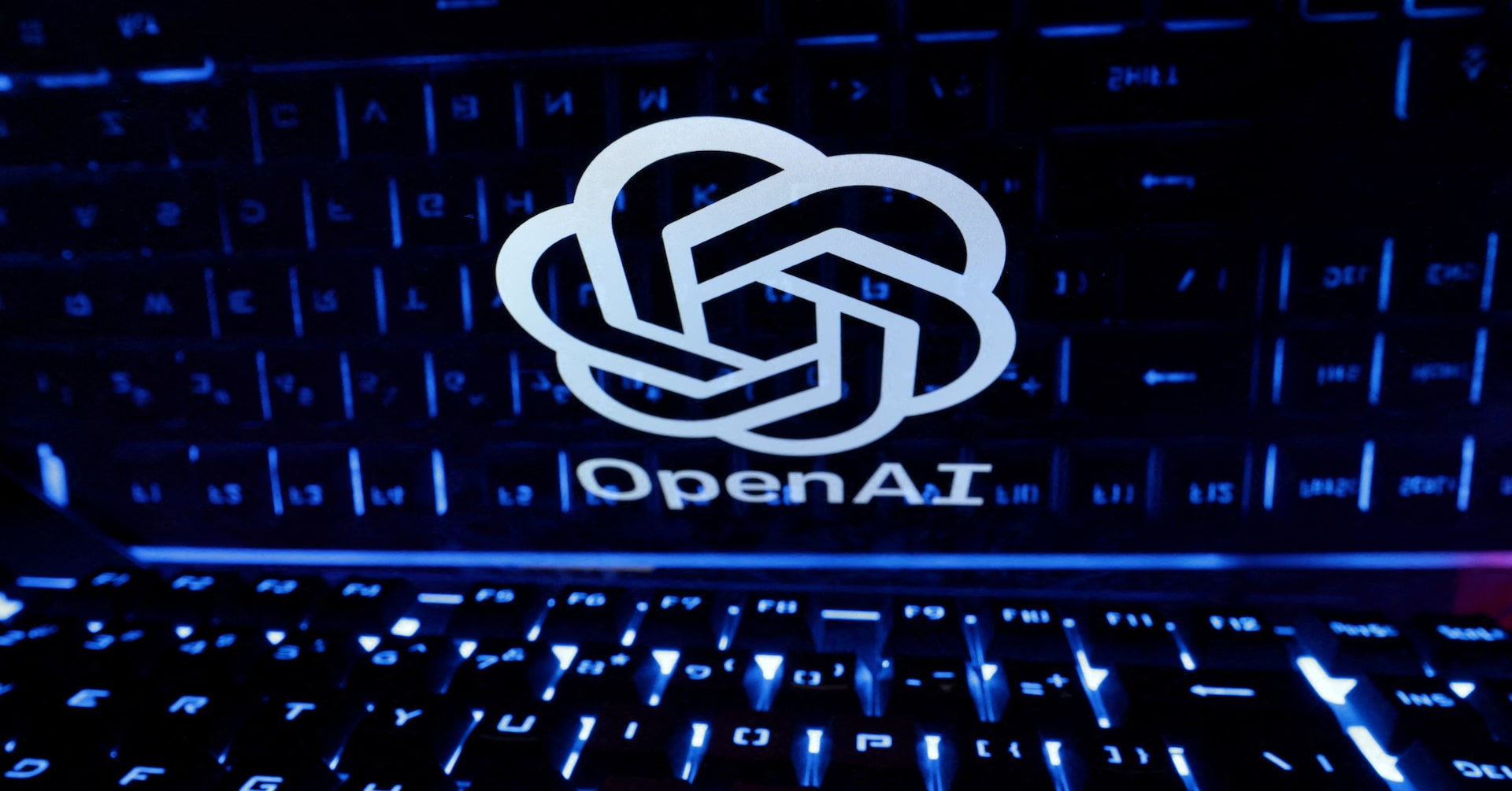
Artificial intelligence (AI) is steadily gaining traction in the field of education, promising to revolutionize traditional learning paradigms. By seamlessly integrating into the classroom environment, AI technologies are offering innovative solutions that enhance both teaching and learning processes. Below are four key ways AI is elevating the educational experience.
1. Personalized Learning Paths
One of the most significant benefits of AI in education is its ability to tailor learning experiences to individual student needs. AI algorithms can analyze a student’s performance data to identify strengths, weaknesses, and learning styles. Based on this analysis, AI-driven platforms can create customized lesson plans, suggest additional resources, and adjust the pace of instruction. This leads to more effective learning outcomes and helps students progress at their optimal rate.
2. Automated Administrative Tasks
Teachers often spend a considerable amount of time on administrative duties such as grading, attendance tracking, and scheduling. AI tools can automate many of these tasks, allowing educators to focus more on classroom interaction and pedagogy. For example, AI-powered systems can grade multiple-choice assessments instantly and even evaluate short-answer or essay responses using natural language processing. This streamlines operations and enables educators to concentrate on delivering quality instruction.
3. Enhanced Student Engagement
AI technologies like chatbots, virtual tutors, and gamified learning platforms are making educational content more interactive and accessible. These tools can provide instant feedback, answer students’ questions around the clock, and adapt in real-time to maintain engagement. AI-powered simulations and virtual reality experiences also allow students to explore complex concepts in a hands-on, immersive way, fostering deeper understanding and retention.
4. Data-Driven Insights for Decision-Making
Educational institutions can leverage AI to analyze vast amounts of data related to student performance, attendance, and behavioral patterns. AI tools can identify at-risk students early, suggest interventions, and monitor the effectiveness of teaching strategies. This data-driven approach enables school administrators and educators to make informed decisions that improve both student outcomes and institutional efficacy.
In conclusion, AI is proving to be a valuable ally in modern education by personalizing learning, increasing operational efficiency, and promoting student engagement. As these technologies continue to evolve, their integration into classrooms is expected to deepen, offering educators and learners new tools to meet the challenges of 21st-century education.
Source: https:// – Courtesy of the original publisher.








